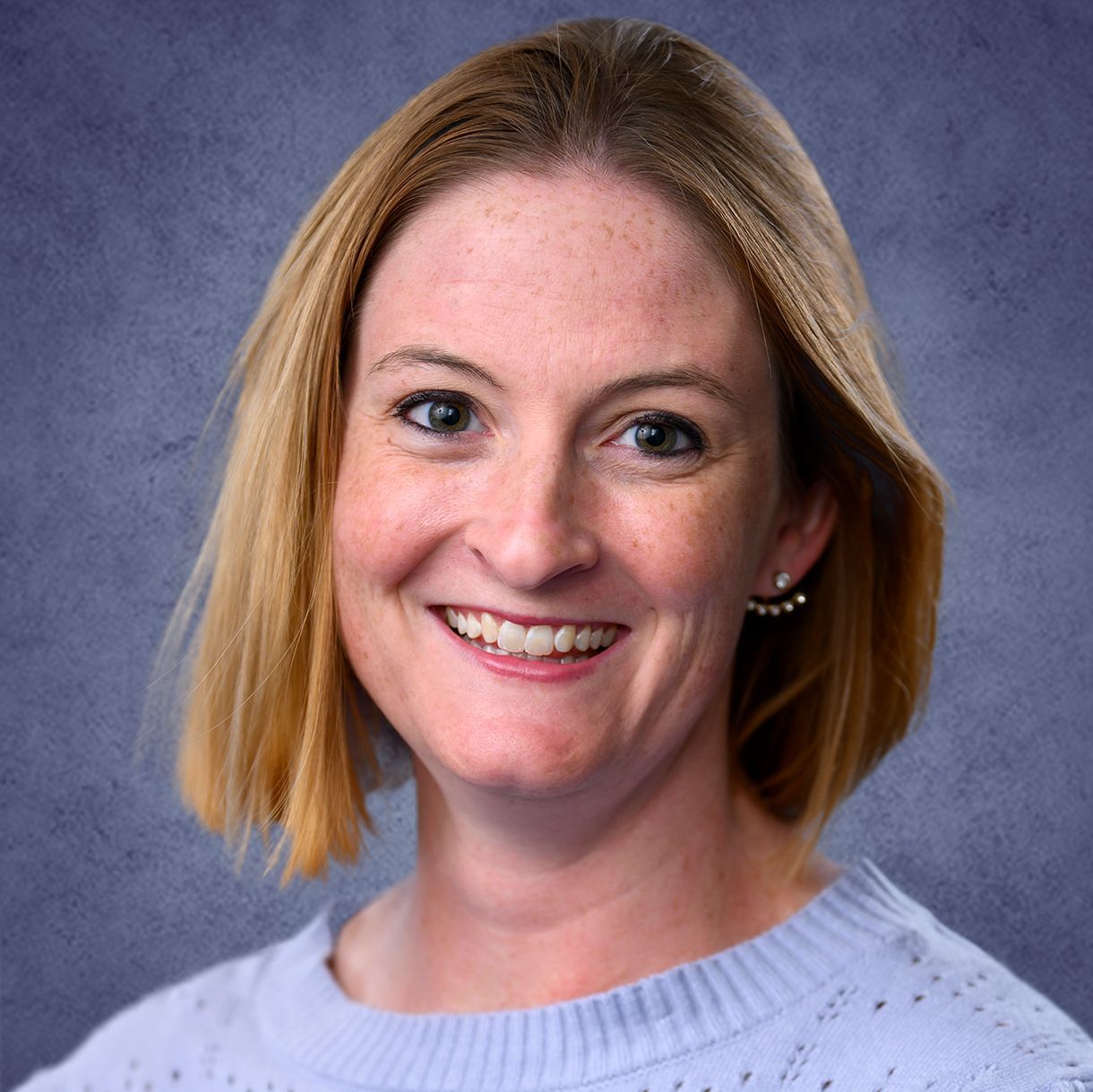Takeaway
Being a mother has helped me to be a better doctor. Both roles require empathy, which I express toward my children and patients.

Connecting with Patients | January 16, 2024 | 2 min read
By Kimberlee Parker, DO, MPH, Baylor College of Medicine
“You’re too maternal,” he said, immediately after we left the exam room. I knew my attending physician was right in some ways; my actions prevented us from completing observational elements of a musculoskeletal exam. The young patient was struggling to bend down and remove his socks and shoes, so I stepped in and did it for him.
Unbeknown to my attending, the patient had divulged to me minutes prior to the exam that he’d been living in a shelter for unhoused adolescents ever since his family was gunned down in a drive-by shooting. He’d been hit by a car a few months ago and was struggling with lingering sensory deficits, debilitating pain in his lower extremities, and an altered gait that made it difficult to walk, let alone work. He’d suffered so much trauma and devastation in his young life; I thought, “What’s the harm in giving a compassionate gesture?” My attending’s critique of “too maternal” stung.
I had two children during medical school. By the time I was in residency, the toddler years were behind me, and my daughter started kindergarten during PGY-2. For better or worse, my child-raising years are occurring concomitantly with the formation of my professional identity as a pediatrician. Sometimes, these two roles are in direct competition with each other, as the 70+ hour work week usually prevails over family dinners, bedtime stories, and school recitals. But often, these roles are inextricably linked and have given me a skillset to connect with patients and families in their hardest moments. Big feelings and emotional tidal waves occur daily in my home, so when they happen at work, it feels less daunting.
The term “gentle parenting” has gained traction in modern parenting culture and emphasizes encouraging children to experience the breadth of human emotions and learning to self-regulate their reactions to these emotions. Parents empathize, assist the child with reflection, treat them with respect, and provide clear and firm boundaries to keep the child (and others) safe. As I work to enact the tenets of respect, empathy, boundaries, and understanding into my interactions with my children and their underdeveloped frontal lobes, I cannot help but carry these same principles into the interactions I have at work.
So, yes, I am maternal, and it is not a weakness. It has helped me form bonds with patients and families, foster mutual respect, and preserve the inherent dignity and humanity of all the people that I care for. Perhaps a maternalistic approach to medicine would help our field achieve William Osler’s charge to “care more particularly for the individual patient than the features of disease.”
This piece expresses the views solely of the author. It does not necessarily represent the views of any organization, including Johns Hopkins Medicine.

